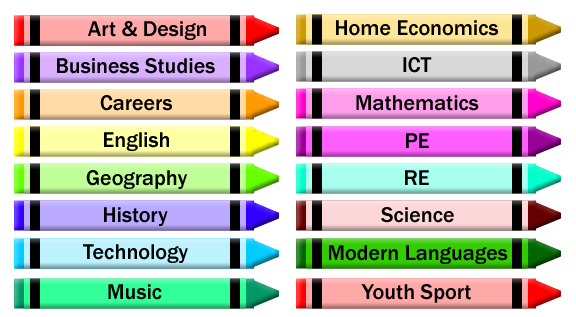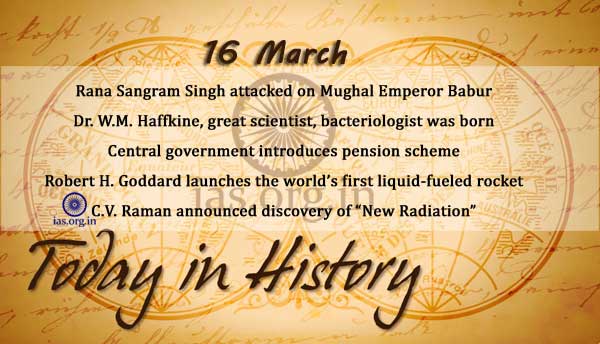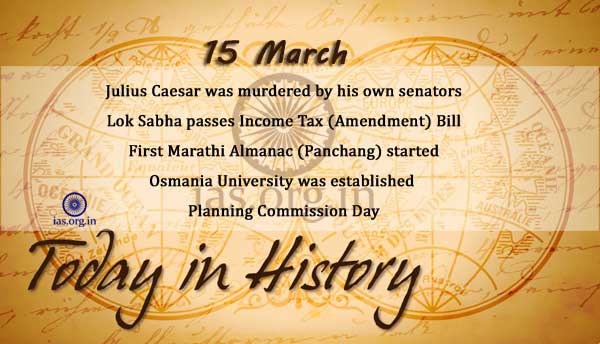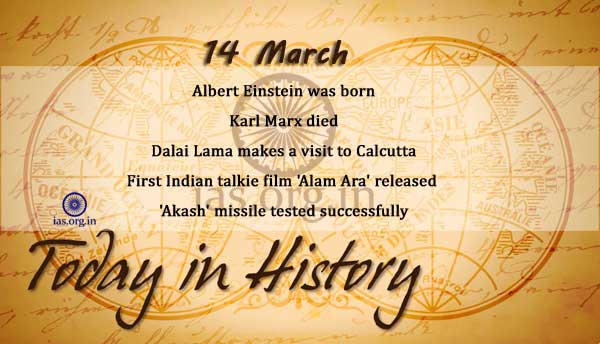International relations (IR) is the study of relationships among countries, the roles of sovereign states, inter-governmental organizations (IGO), international non-governmental organizations (INGO), non-governmental organizations (NGO), and multinational corporations (MNC). International relations is an academic and a public policy field, and so can be positive and normative, because it analyzes and formulates the foreign policy of a given State. International relations dates from the time of the Greek historian Thucydides, and, in the early 20th century, became a discrete academic field within political science. However, international relations is an interdisciplinary field of study.
The field of international relations draws intellectual materials from the fields technology and engineering, economics, history, and international law, philosophy, geography, and social work, sociology, anthropology, and criminology, psychology and gender studies, cultural studies and culturology. The scope of international relations comprehends globalization, state sovereignty, and international security, ecological sustainability, nuclear proliferation, and nationalism, economic development and global finance, terrorism and organized crime, human security, foreign interventionism, and human rights.
The history of international relations can be traced back to thousands of years ago; Barry Buzan and Richard Little. The interaction of ancient Sumerian city-states starting in 3,500 BC was the first fully-fledged international system.
The history of international relations based on sovereign states is often traced back to the Peace of Westphalia of 1648, a stepping stone in the development of the modern state system.
The concept of power in international relations can be described as the degree of resources, capabilities, and influence in international affairs. It is often divided up into the concepts of hard power and soft power, hard power relating primarily to coercive power, such as the use of force, and soft power commonly covering economics, diplomacy and cultural influence.
Liberal international relations theory arose after World War I in response to the inability of states to control and limit war in their international relations. Early adherents include Woodrow Wilson and Norman Angell, who argued vigorously that states mutually gained from cooperation and that war was so destructive as to be essentially futile.
Liberalism was not recognized as a coherent theory as such until it was collectively and derisively termed idealism by E. H. Carr. A new version of “idealism” that focused on human rights as the basis of the legitimacy of international law was advanced by Hans Köchler.
Systemic tools of international relations
- Diplomacy is the practice of communication and negotiation between representatives of states. To some extent, all other tools of international relations can be considered the failure of diplomacy.
- Sanctions are usually a first resort after the failure of diplomacy, and are one of the main tools used to enforce treaties. They can take the form of diplomatic or economic sanctions and involve the cutting of ties and imposition of barriers to communication or trade.
- War, the use of force, is often thought of as the ultimate tool of international relations. The study of war in international relations is covered by the disciplines of ‘War Studies’ and ‘Strategic studies’.
- The mobilization of international shame can also be thought of as a tool of international relations. This is mostly done by the large human rights NGOs such as Amnesty Internationalor Human Rights Watch. The current United Nations Human Rights Council has yet to use this Mechanism
- The allotment of economic and/or diplomatic benefits. Candidate countries are allowed entry into the EU only after the fulfilment of the Copenhagen criteria.
Religion is visible as an organising principle particularly for Islamic states, whereas secularism sits at the other end of the spectrum, with the separation of state and religion being responsible for the liberal international relations theory.
The United Nations (UN) is an international organization that describes itself as a “global association of governments facilitating co-operation in international, international security, economic development, and social equity”; It is the most prominent international institution. Many of the legal institutions follow the same organizational structure as the UN.
The Organisation of Islamic Cooperation (OIC) is an international organization consisting of 57 member states. The organisation attempts to be the collective voice of the Muslim world and attempts to safeguard the interests and ensure the progress and well-being of Muslims.






